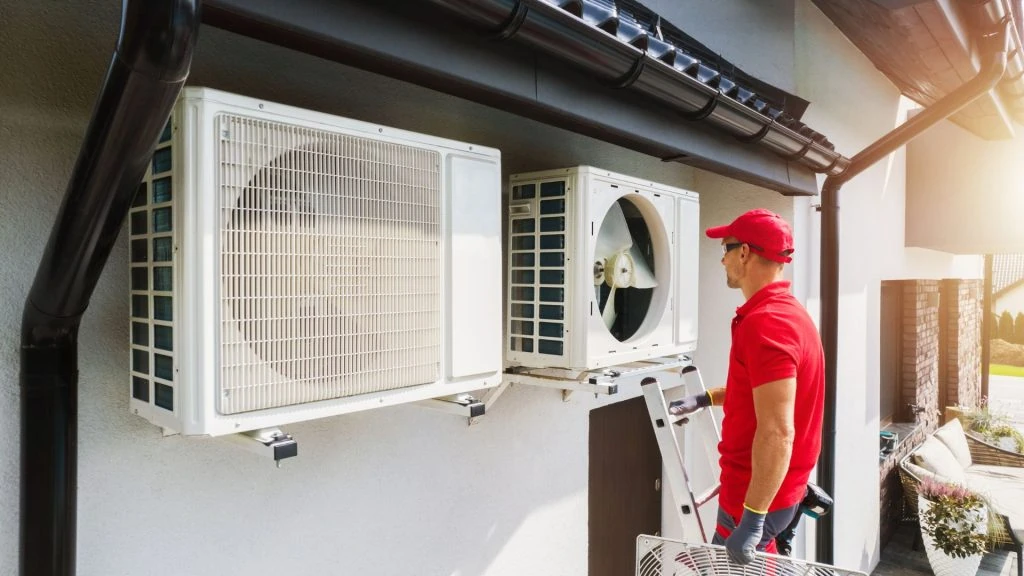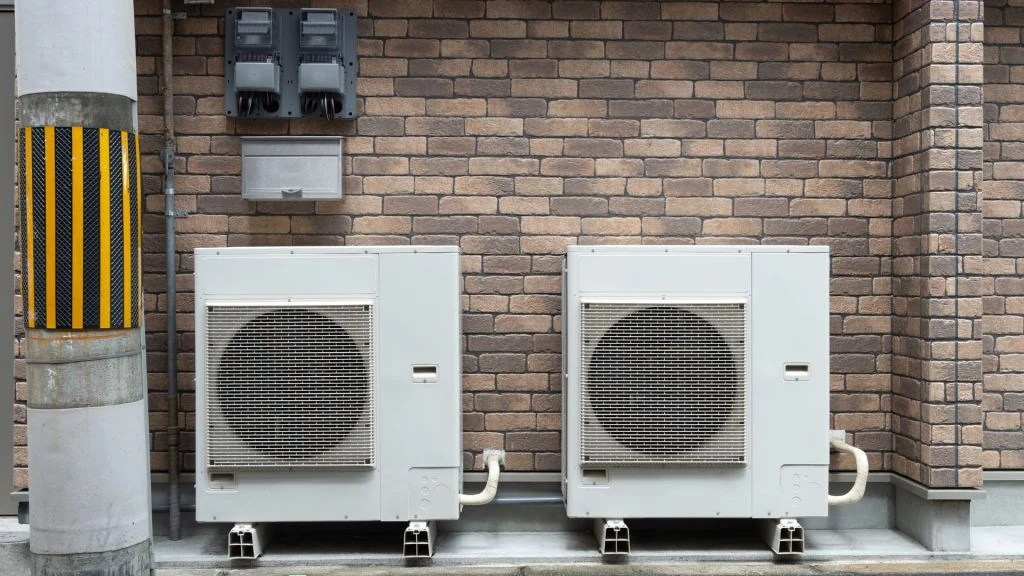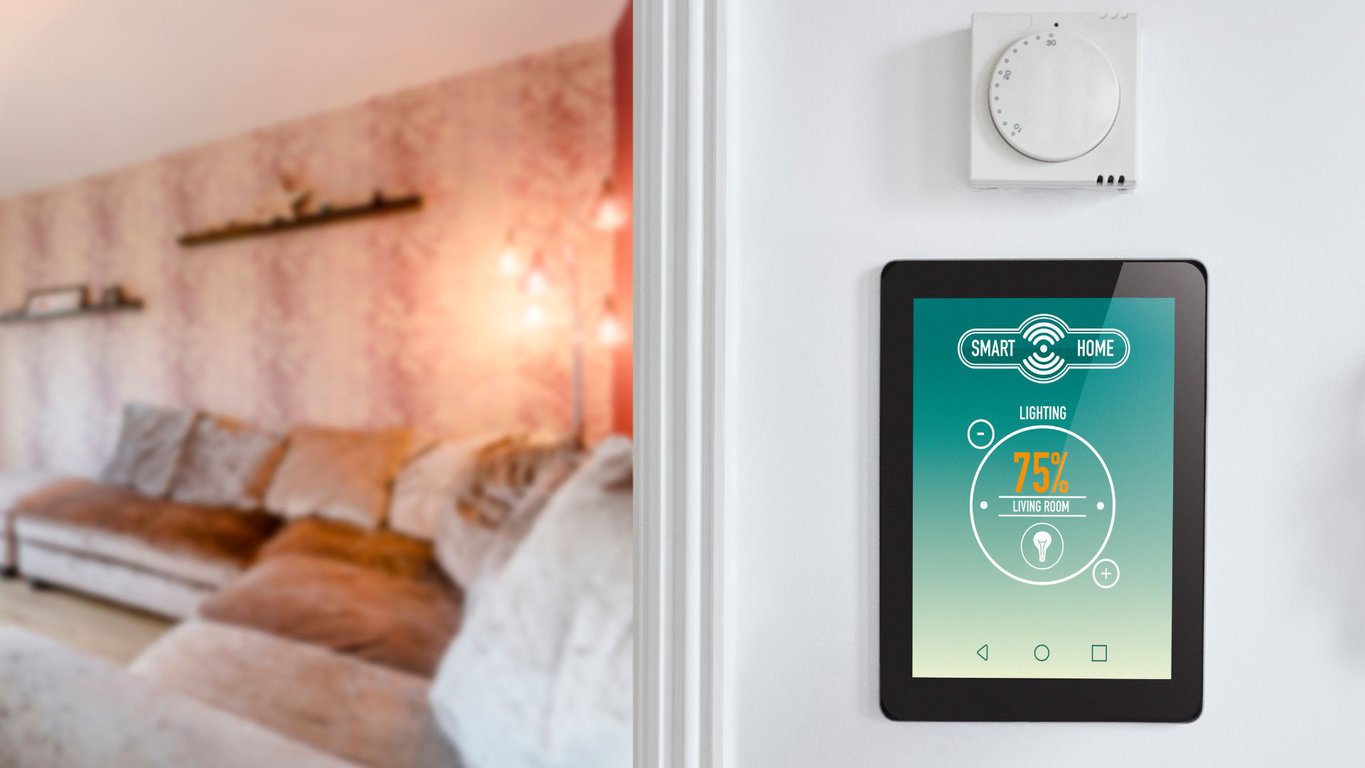Energy efficiency and sustainability are becoming increasingly important factors for businesses in the Greater Toronto Area and beyond. As the global community shifts towards a more environmentally conscious mindset, businesses that prioritize sustainable practices can reduce operational costs and enhance customer loyalty. One of the most significant contributors to energy consumption in commercial spaces is the Heating, Ventilation, and Air Conditioning (HVAC) system.
Embracing energy-efficient HVAC technologies can lead to numerous benefits for business owners, such as reduced energy bills, tax incentives, and increased property value. Additionally, research has shown that employees working in environmentally friendly buildings tend to experience increased productivity, satisfaction, and well-being. Furthermore, showing a commitment to sustainable practices enhances the public’s perception of your business and can lead to increased customer support for environmentally responsible organizations.
In this article, we will explore some of the innovative technologies reshaping the HVAC industry’s future, enabling businesses to increase energy efficiency and minimize their environmental footprint.

Variable Refrigerant Flow (VRF) Systems
Variable Refrigerant Flow (VRF) systems are a cutting-edge HVAC innovation that delivers unmatched energy efficiency and performance as compared to traditional heating and cooling systems. VRF systems use variable-speed compressors to circulate refrigerant directly to multiple indoor units, which then disperse heating or cooling energy to the occupied spaces. This advanced technology allows VRF systems to operate at variable capacities, adjusting energy usage based on the specific needs of the building, resulting in significant energy savings.
In addition to requiring less energy usage due to their ability to target individual zones within a building accurately, VRF systems offer several other advantages. They provide business owners with greater flexibility in system design and installation, as well as easier maintenance and improved indoor air quality. Although the cost of implementing a VRF system may be higher initially, the long-term energy savings make this an attractive option for commercial spaces.
Smart HVAC Controls
The incorporation of smart controls into HVAC systems is another innovation that allows businesses to significantly improve system efficiency. With the use of smart thermostats, sensors, and integrated building management systems (BMS), it is possible to monitor and control your HVAC system’s operation in real-time, automatically adjusting temperature, humidity, and ventilation levels based on occupancy, outdoor conditions, and user preferences.
Smart HVAC controls can also gather critical data on equipment performance, allowing for more effective preventative maintenance and early detection of issues that could lead to costly repairs or wasted energy. Moreover, implementing smart control systems can contribute to enhanced occupant comfort by maintaining optimal indoor climate conditions at all times.
Geothermal Heat Pumps
Geothermal heat pumps represent a highly energy-efficient HVAC solution for commercial spaces, leveraging the earth’s consistent underground temperatures to provide both heating and cooling capabilities. By utilizing an underground loop system filled with a heat-exchanging fluid, geothermal heat pumps can extract or dissipate heat to and from the earth, depending upon the desired indoor climate.
Geothermal heat pump systems offer considerably higher efficiency levels than traditional HVAC systems and require minimal maintenance due to their lack of exposure to weather elements. Although the initial installation costs for a geothermal heat pump can be higher than conventional equipment, the long-term energy savings and environmental benefits make this investment worthwhile for businesses striving for sustainability.
Demand-Controlled Ventilation (DCV)
A demand-controlled ventilation (DCV) system is an innovative approach to managing commercial indoor air quality that optimizes energy usage by adjusting the ventilation rates based on actual occupancy levels. DCV systems use sensors to monitor indoor air quality parameters such as carbon dioxide (CO2) levels, which are directly related to the number of occupants in a space.
By continuously monitoring the building’s occupancy and adjusting the ventilation rates accordingly, DCV systems can provide businesses with significant energy savings by preventing excessive or insufficient ventilation. This approach not only reduces a facility’s energy consumption but also contributes to improved indoor air quality and occupant comfort.

Conclusion
Embracing innovative HVAC technologies and practices can help businesses in the Brampton and Greater Toronto Area increase energy efficiency, meet sustainability goals, and to save on operational expenses. Integrating advanced systems such as variable refrigerant flow, smart controls, geothermal heat pumps, and demand-controlled ventilation can lead to significant energy savings, improved indoor air quality, and enhanced occupant comfort.
Mechanical Systems is the best HVAC company servicing the Brampton and Greater Toronto Area. We are dedicated to staying informed about the latest HVAC trends and innovations, ensuring that we can effectively implement these advancements to provide our clients with energy-efficient solutions tailored to their unique needs. Let us guide you through the process of implementing these cutting-edge innovations into your commercial space. Contact us today to schedule an appointment!

